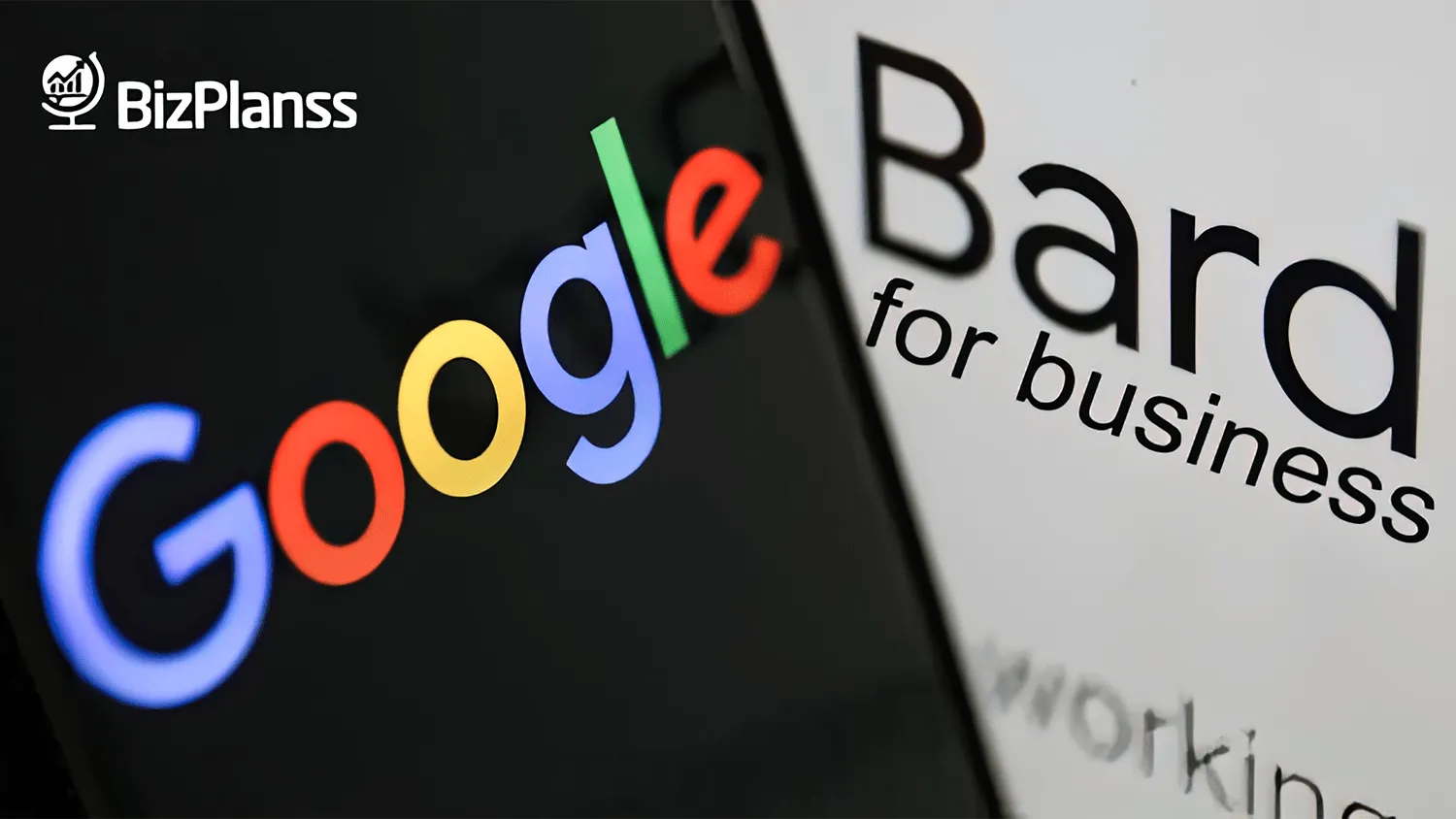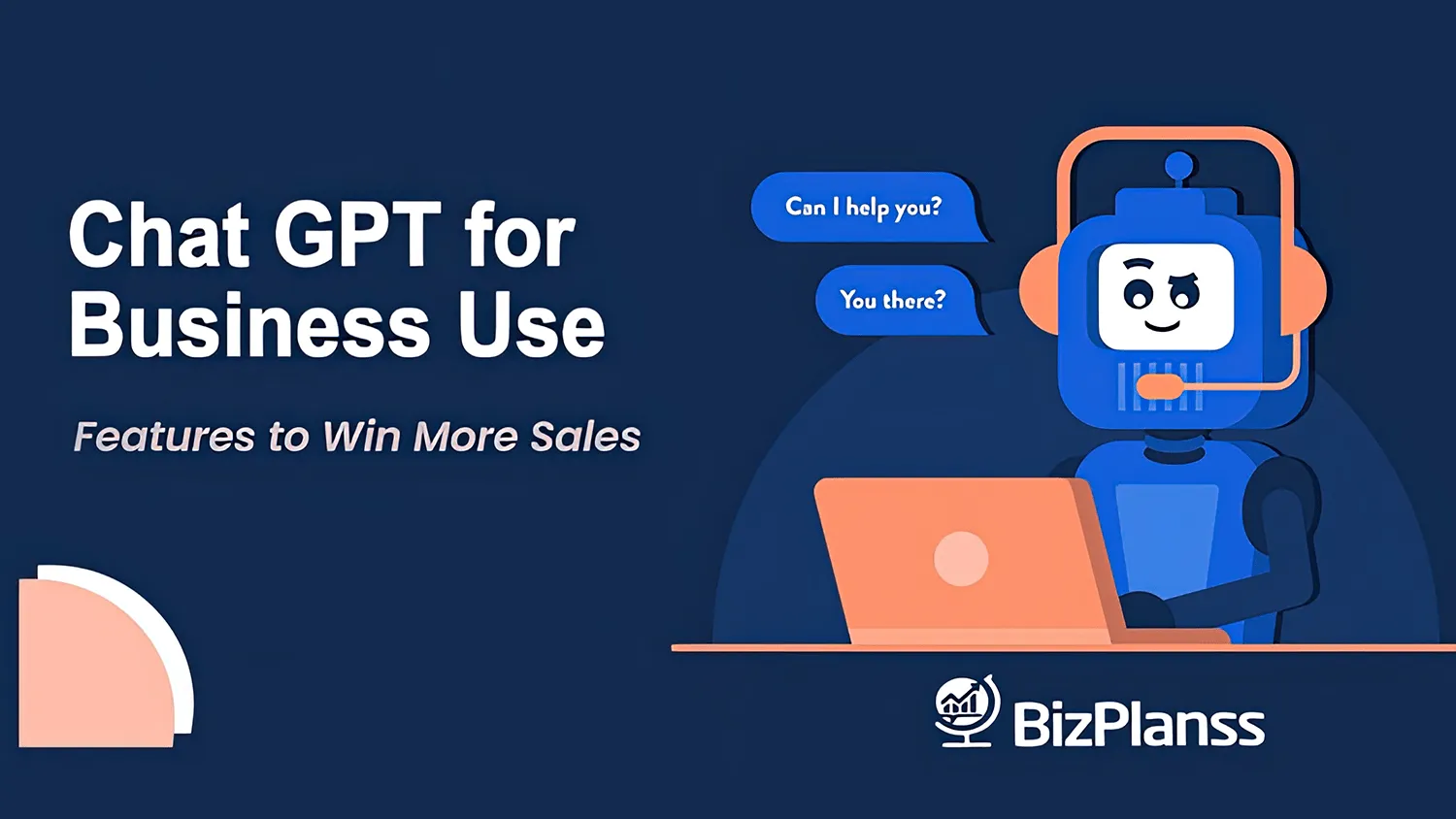Starting any type of business can be overwhelming. Luckily, it’s a process that can be broken into manageable steps. The same is true of starting a forex business, even with the added challenge of learning the ins and outs of trading along the way. So, if you’re looking to start a forex trading business in the UK, these steps will help you set up the business plan that will eventually carry you to success.
Getting To Know The Basics Of Forex:
Forex is a wild ride from beginning to end, which makes it all the more necessary to gain a firm understanding of the basics early on. For those who are new to the space, Forbes has a primer piece that explains the fundamentals –– such as how trades work (traders buy and sell currencies to capitalize on changes in their respective values); when trades occur (the market is open 24/5); and how currency is traded (through the purchase and sale of “pairs,” such that one currency is always being weighed against another).
Apart from reading primers like this, it’s also wise to take the time to watch videos and tutorials, network with other forex traders on popular sites such as LinkedIn, and listen to podcasts on the subject. The idea is to learn as much as you can about forex before jumping in head-first (without getting analysis paralysis, of course).
Understanding Currency Pairs:
The brief overview of forex basics above alluded to currency pairs, and it’s particularly important for those exploring work in this market to understand how to identify and make use of these pairs.
A currency pair simply lists one currency’s value relative to another. So, for instance, the busily traded EUR/USD pair denotes the value of the euro in U.S. dollars. When you buy a pair, you are buying the base currency (the first one listed) with the corresponding amount in the quote currency (the second one listed); when you sell a pair, you are selling the base currency in exchange for the corresponding amount in the quote currency.
To help you make sense of this on a continual basis, FXCM lists forex currency pairs with real-time updates and provides a helpful guide on how to calculate your forex profit –– which is also helpful for those just getting started with trading. The same resource also has some guidelines for how much money you should invest in the beginning, and other tips to help you along.
Getting Your Capital Together:
Naturally, before you can start trading (whether on your own behalf or that of clients), you’ll need to have some capital for your initial investment. Take some time to budget your current monthly expenses and income, and decide how much you’d like to start with. If you already have it, great! Otherwise, start saving as soon (and as much) as possible.
One relevant warning that established forex traders (and other investors) offer to new traders is to avoid investing money that would otherwise be allocated to necessities. If you spend this month’s rent money on a trade, for instance, you’re more likely to find yourself in financial trouble later – and you may feel a drive to make reckless trades in an attempt to solve the problem. Make sure that none of the money invested in forex is money that you need in order to pay your essential bills.
Establishing A Business Plan:
Having a clear idea of what your business is going to look like is an important step at the beginning. While there are quite a few tips and tricks for creating a successful business plan, hiring a company –– as we explain at our “Strategic Business Plan“ page –– is the safest way to go. You’ll have access to experts who can explain everything you need to know. You’ll also have the space to ask all the questions you need.
Worth noting is that you also have the option of drawing up your own plan and running it by an expert thereafter. It’s good practice, and you’ll learn a great deal about what you want out of your own trading business during the process. Start with the basics, like licenses, regulations, and any steps the Government might require of you to register your business officially. Then you can progress to mapping out matters more specific to your business and related strategies for structure and growth.
Starting up a trading business can lead you down any number of paths. For some, it’s a means of generating modest, supplemental income. For others, it’s a path to wealth. Whatever your specific goals though, educating yourself on the fundamentals and establishing a clear strategy for the venture will get you off to a good start.







